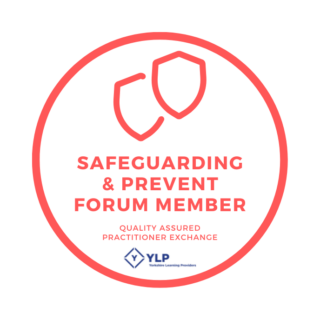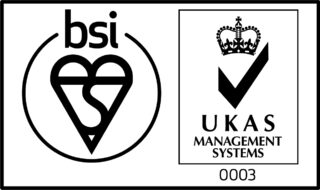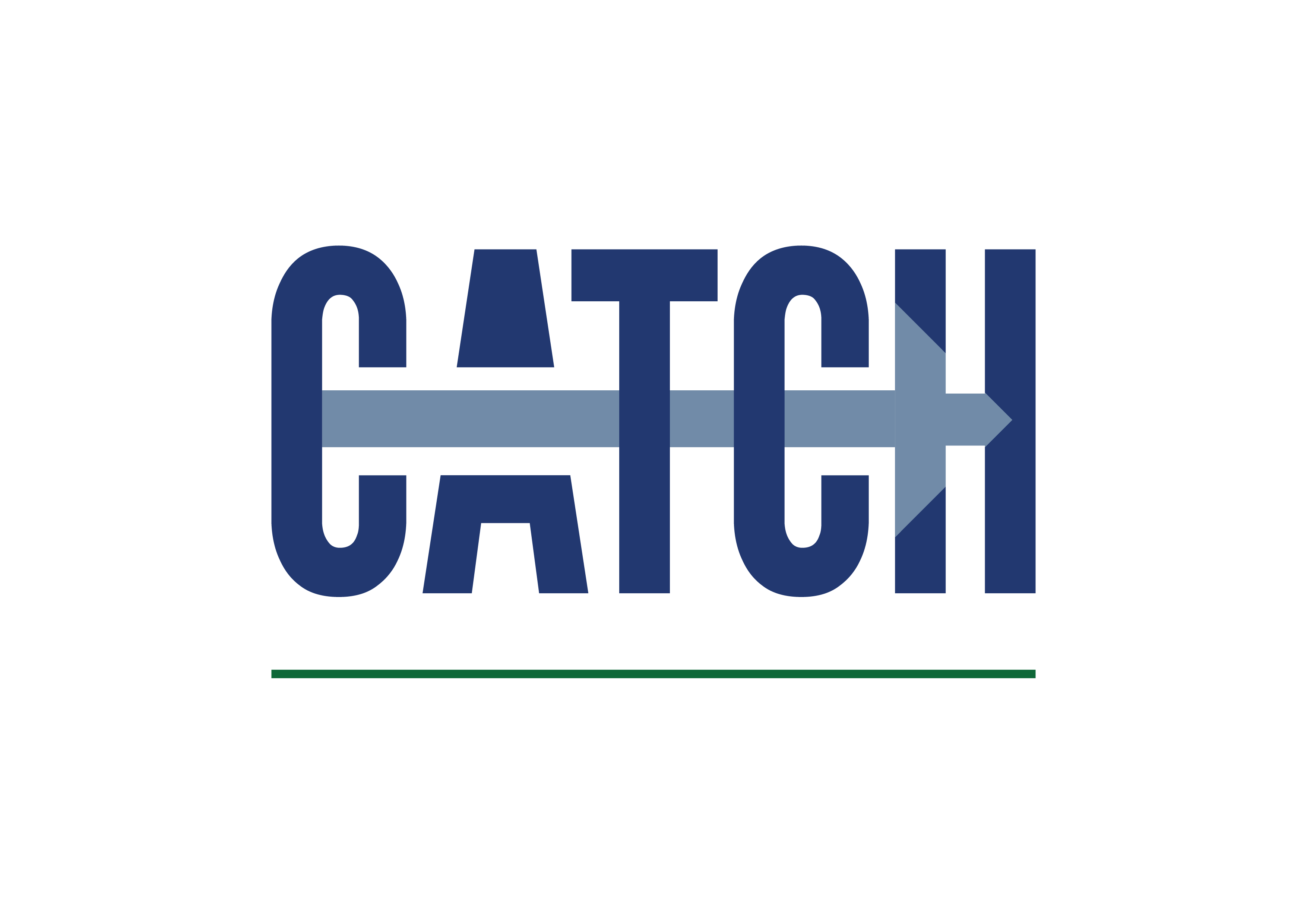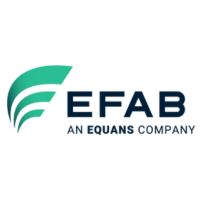CATCH Welding and Pipefitting Hub
Premium Industry Led Apprenticeships
Learn with the CATCH Welding and Pipefitting Hub
Welding, pipefitting, and fabrication jobs are growing in demand not only here in the Humber region, but nationally too, as the UK starts to build the mega scale infrastructure required to hit Net Zero targets.
However, these roles are not new careers, welding and pipefitting jobs have long been instrumental to the UK economy, from bridges to cars, to factories and wind turbines, these roles cover a vast number of industries.

By becoming a Pipefitting or Welding apprentice, you can earn whilst you learn and from the best!
Our tutors are the best in their fields – learn welding from a professional welder, and pipefitting from an actual pipefitter! By learning a craft, you will secure high wages and a job for life. And more importantly, the two crafts will learn side by side, working together as they would in industry.
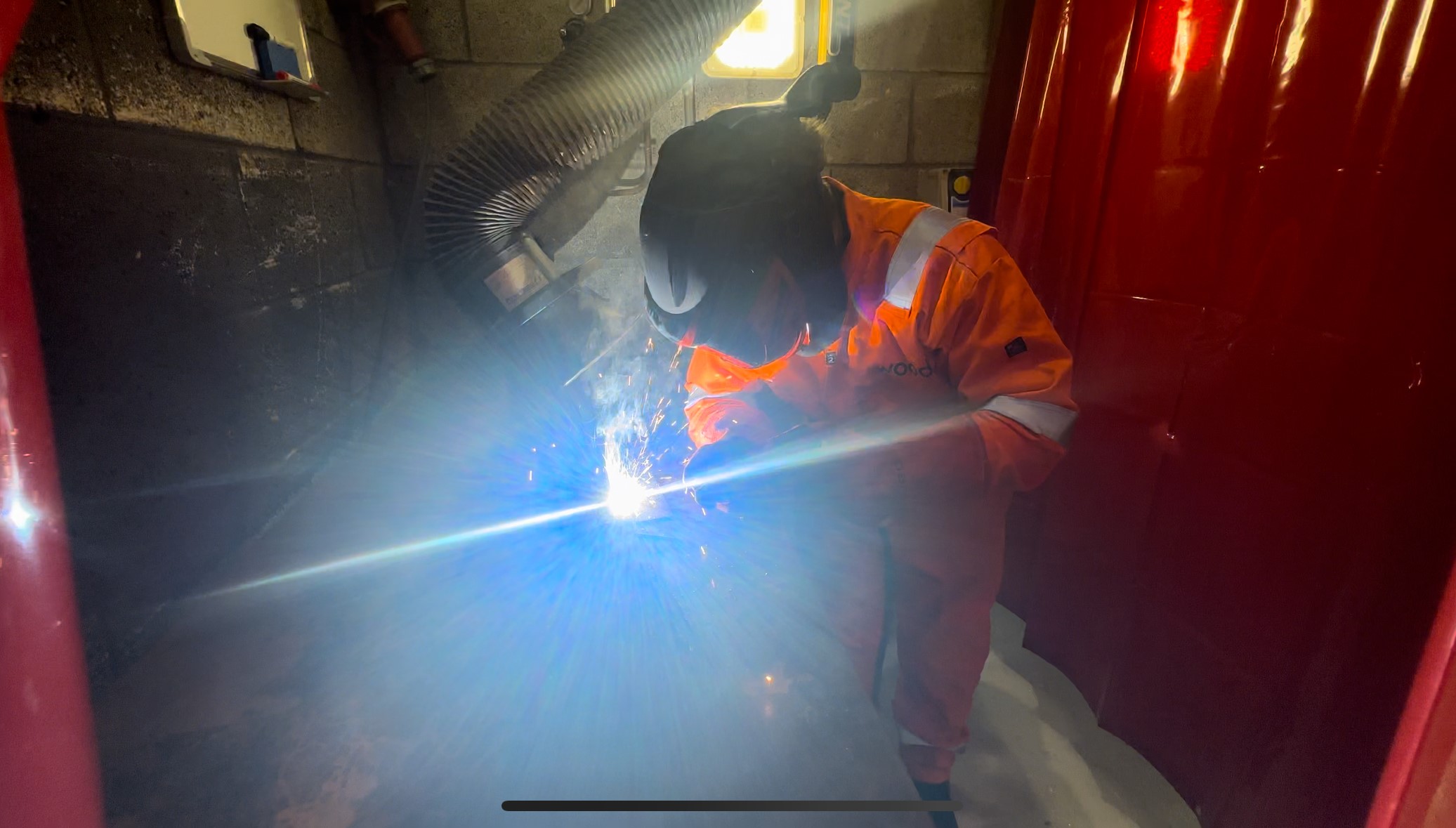
Our Industry led, Welding and Pipefitting Hub has 14 welding bays, 14 pipefitting bays, with state-of-the-art equipment such as Lincoln Electric welding equipment Morgan Rushworth Steel Worker and Pipefitting equipment such as industry-leading pipe benders and TAG pneumatic pipe preparation. In the workshop we are well equipped with a guillotine, press-brake, band saws, grinding bays, a weld testing area and thermal cutting capabilities such as plasma and oxy-propane.
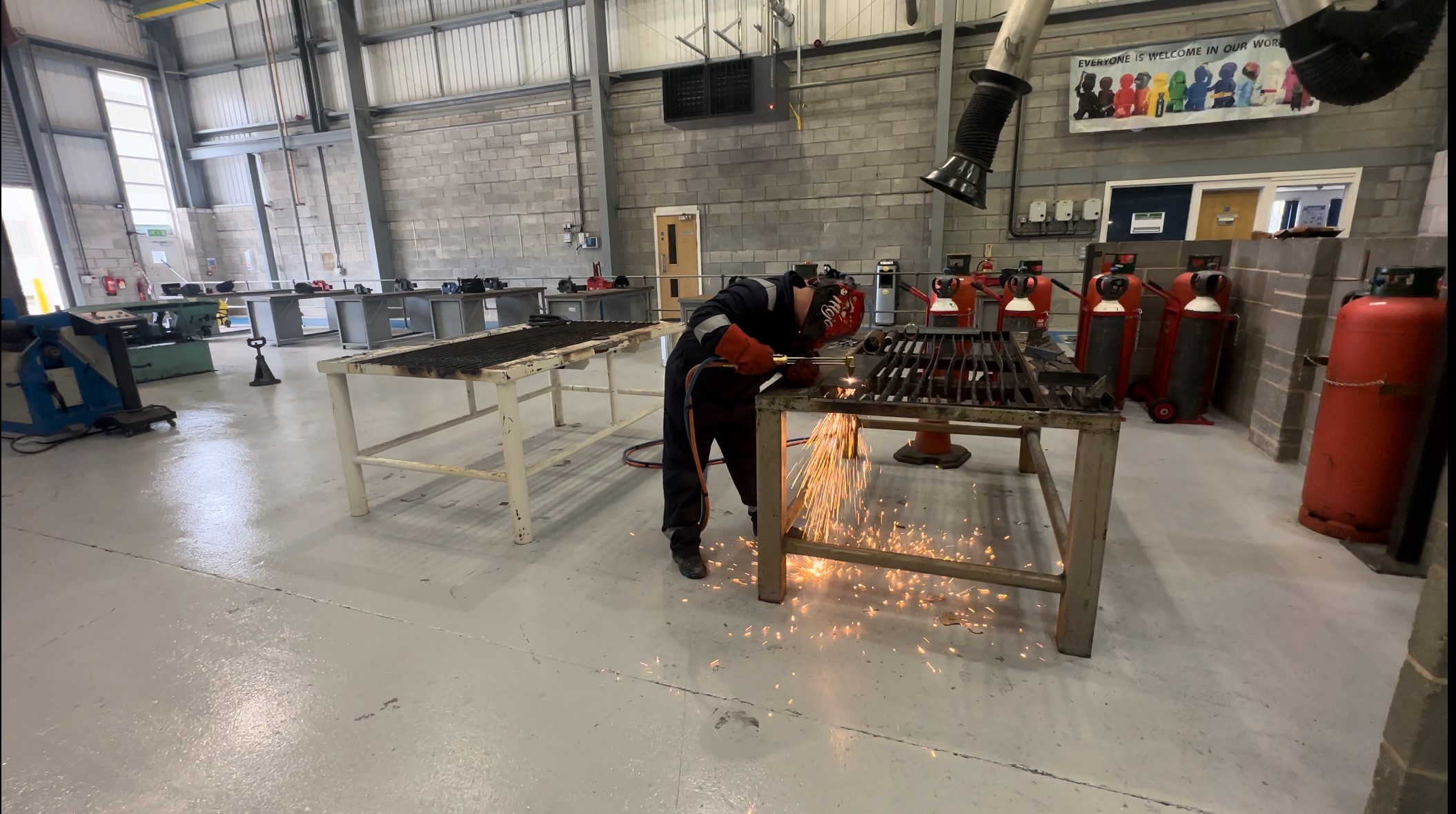
CATCH Apprenticeship course’s focus on hands-on, practical skills, such as MMA, TIG, MAG and Flux Core welding, weld preparation, reading of drawings, material selection and preparation, measuring, marking out and cutting to size, bending, pressure testing and NDT and DT procedures and testing methods. Our Hub enables you to hone these skills in a safe environment with a supportive staff that cares about your wellbeing as well as your future.
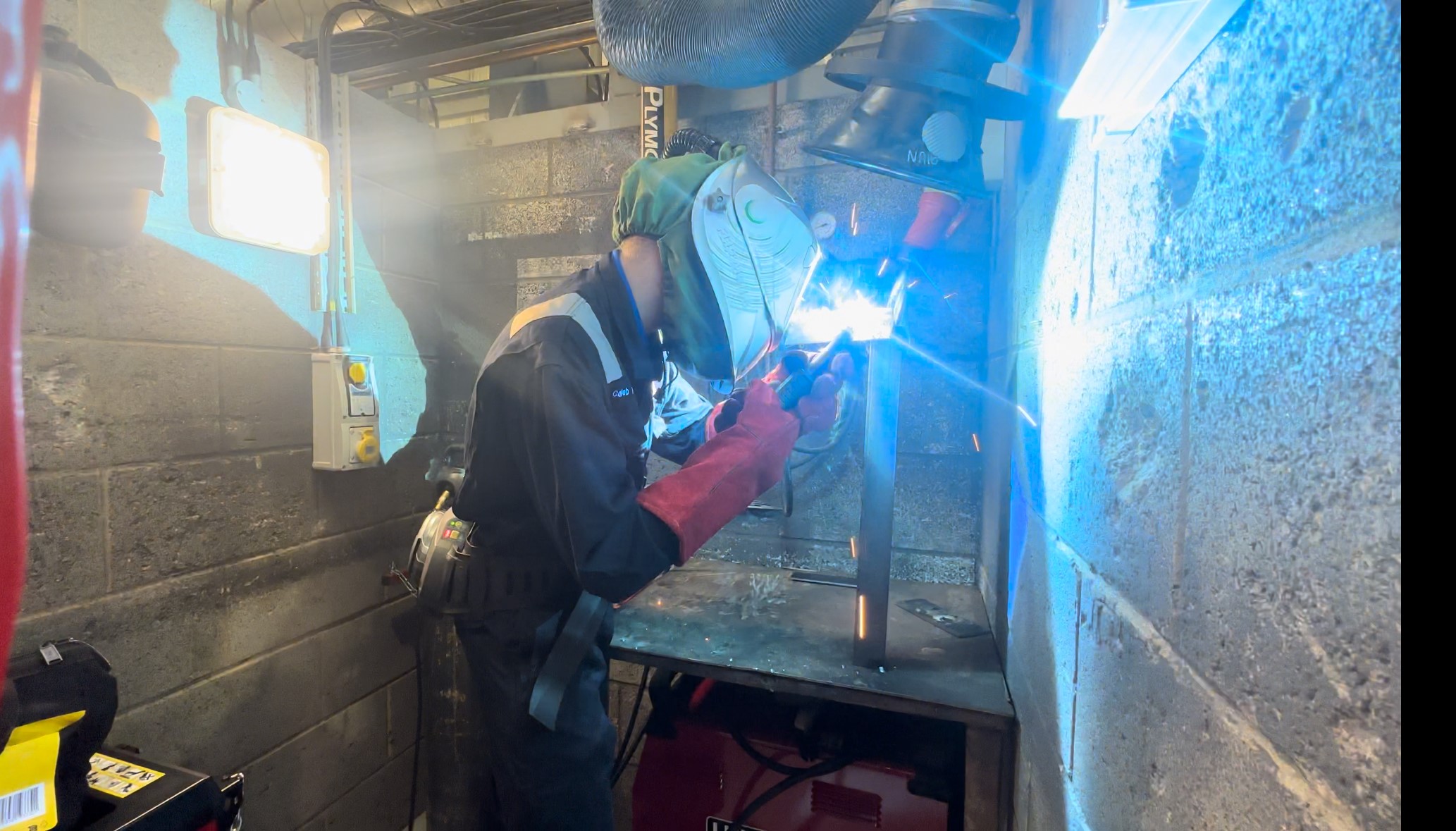
FAQ
- What is a welder?
- What is a pipefitter?
- What is a metal fabricator / plater?
- Is welding and pipefitting a good career?
- What skills will I learn in the pipefitting apprenticeship?
- What skills will I learn in the welding apprenticeship?
- What skills will I learn in the metal fabrication (plater) apprenticeship?
- How many years will I train for?
A welder specialises in the fusing of materials, usually metals with intense heat to produce products or build infrastructure.
Next Steps
Welding and Pipefitting Hub Sponsors
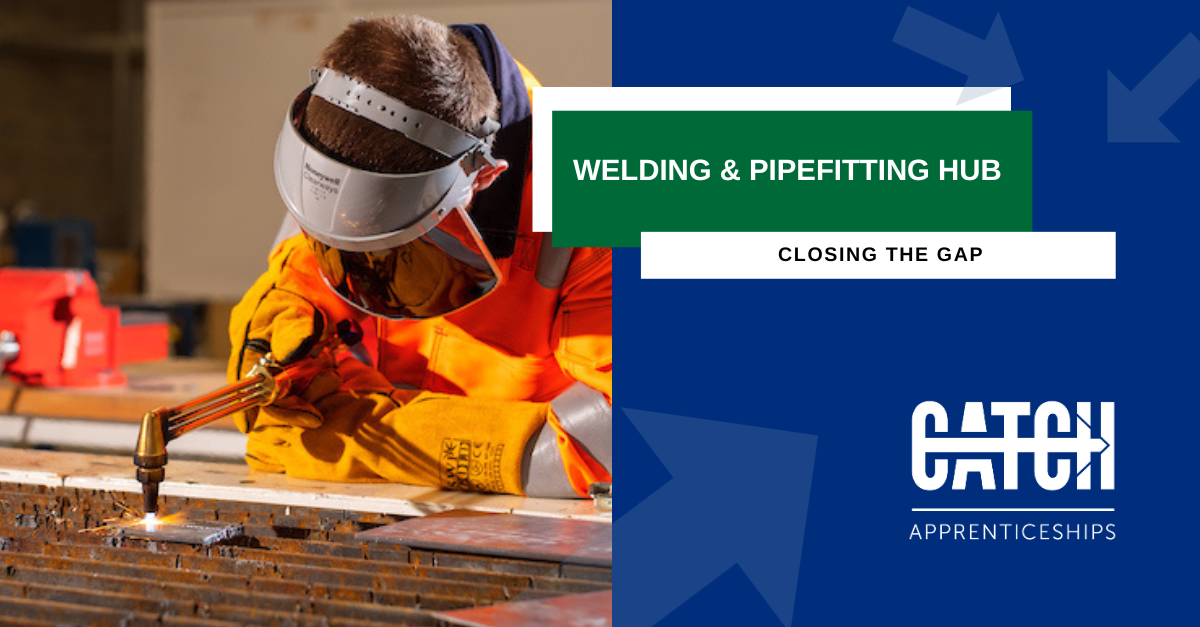
Head Office
Stallingborough
Grimsby
DN41 8TH
Company no. 03837010
Privacy Policy
CATCH Compliments and Complaints policy
CATCH Apprenticeships Safeguarding Disclosure Form (blank)
Recruitment of ex-offender policy
Data protection
